The morning I learned about the shooting in the Pittsburgh synagogue was also the final day of the shiva, the ritual seven-day period of mourning. It was a cold and damp late October morning when I stood with my wife Rebecca at a graveside still lacking a headstone to pay our respects to Sam Cohen, a man who embodied Tangier’s openness, generosity, and grace.
At the gravesite family members, along with some of the last remaining Jews in Tangier, swapped stories about Sam. How he would always return from his long walks through the city with packages of tissues because he couldn’t pass poor peddlers without giving them his spare change; how cops, seeing him at a crosswalk, would stop traffic to honor the oldest Jew in the city; how merchants in the medina would race from their shops to greet him with customary kisses, one on each cheek, as if he were the King of Morocco.
After hearing more stories, we shared ours. In was late August 2016 and our Airbnb host, his downstairs neighbor on Rue de Fes, insisted that we meet Sam. Stepping into Sam’s apartment, where he’d lived since it was the first building on the block in the late 1940s, felt like exiting the twenty-first century. The Ladino he spoke with his wife, the black-and-white photos on his walls, and his collection of Jewish art, some items centuries old, reminded us that Sephardic Jews have lived in Morocco for millennia. Sam was the last link in an ancient chain.
The most poignant memory I recounted in the cemetery was of a group of wide-eyed UNE students listening to his stories. Sam arrived on campus by foot — he walked everywhere — wearing his signature blue silk scarf and matching blue shoes. His shirt, too, was blue, the shade of the sky on a clear day. I had prepped the students by sharing some of his background and hoped they would jump in with questions.
They didn’t need to.
“I was born in Tetouan,” began Sam with no prompting almost before he sat down. Students surrounded him in their chairs as if around a campfire. No one dared interrupt his story because no history book, no lecture, no Beatnik writer or expat professor could possibly pull them into the kind of time machine Sam offered that morning. He told them about the day the forces of Generalissimo Franco marched into Tetouan, and how he fled with his family for the safety of Casablanca. He described the fears Jews had when the Nazis conquered France in 1940, and the Vichy regime introduced anti-Jewish laws to Casablanca — the only time in his long life he ever felt slighted, much less threatened, as a Jew in Morocco was by French officials. He told them how his family escaped prosecution by taking a boat late at night and traveled to Tangier, where they were free.
He also told them about the Jewish community, once a quarter of the city’s population. Students roared with laughter at his tales of the lesbian boxer, the Jewish bullfighter, and how he used to fast for Ramadan in solidarity with his Muslim friends (these same friends would also fast on Yom Kippur).
As Sam continued his tale of love — love for Tangier, love for the Moroccans — a Jewish student raised her hand. “Why,” she wanted to know, “did he decide to remain in Tangier in the 1950s, when most other Jews left for Israel or France?”
“Why?” he looked puzzled. “Well, because this is my home and these are my people. Why should I have left?”
Sam died in a Paris hospital during a visit to his son. His children never considered burying him in the Jewish cemetery in Paris. Sam had to come home.
Tony David is a faculty member at the University of New England’s campus in Tangier and an editor of Moorish Tides. He is the author of An Improbable Friendship, the dual biography of Israeli Ruth Dayan, Moshe Dayan’s wife for thirty-seven years, and Palestinian journalist Raymonda Tawil, Yasser Arafat’s mother-in-law. It reveals for the first time the two women’s surprising and secret forty-year friendship and delivers the story of their extraordinary and turbulent lives growing up in a war-torn country.
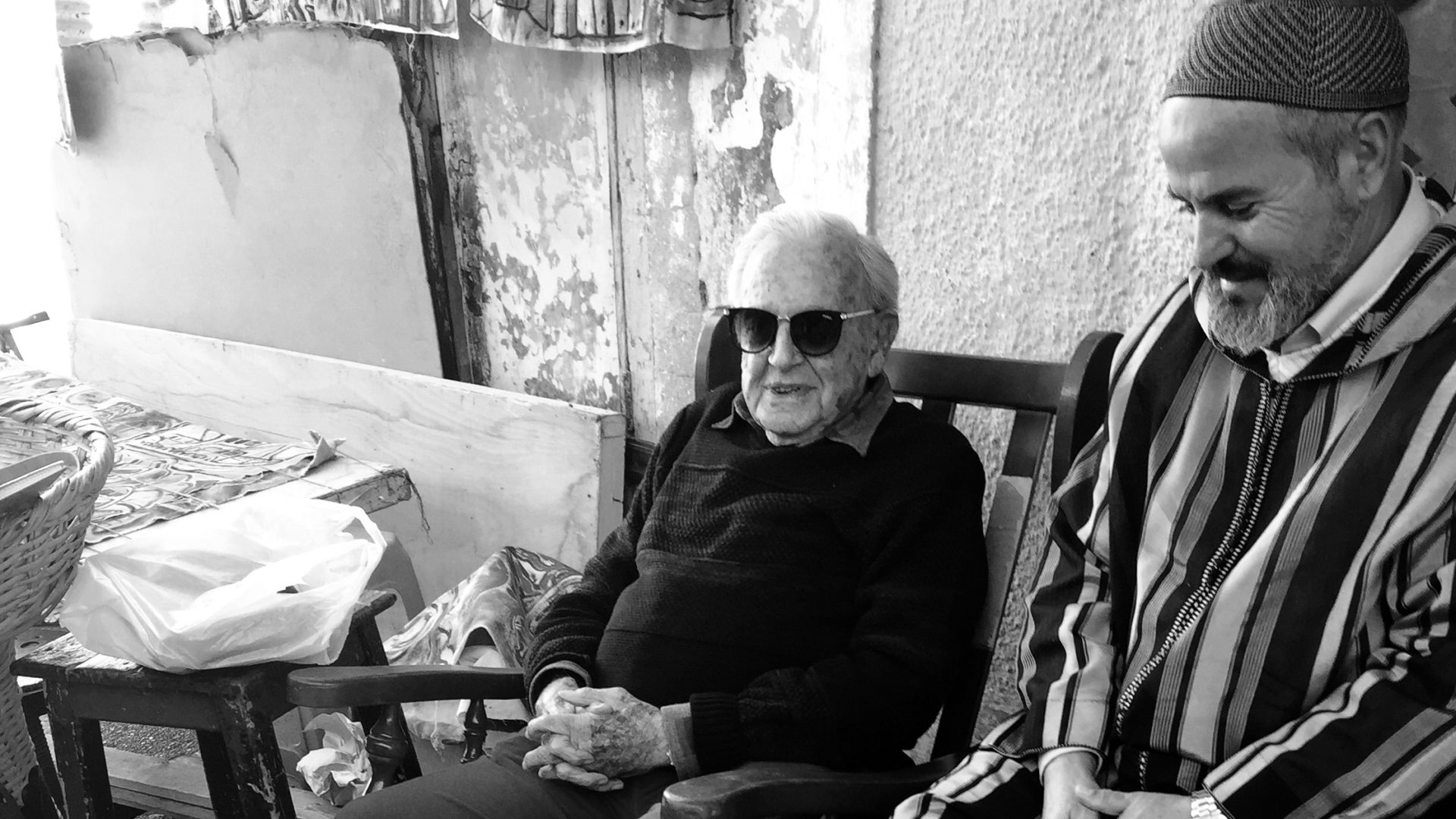
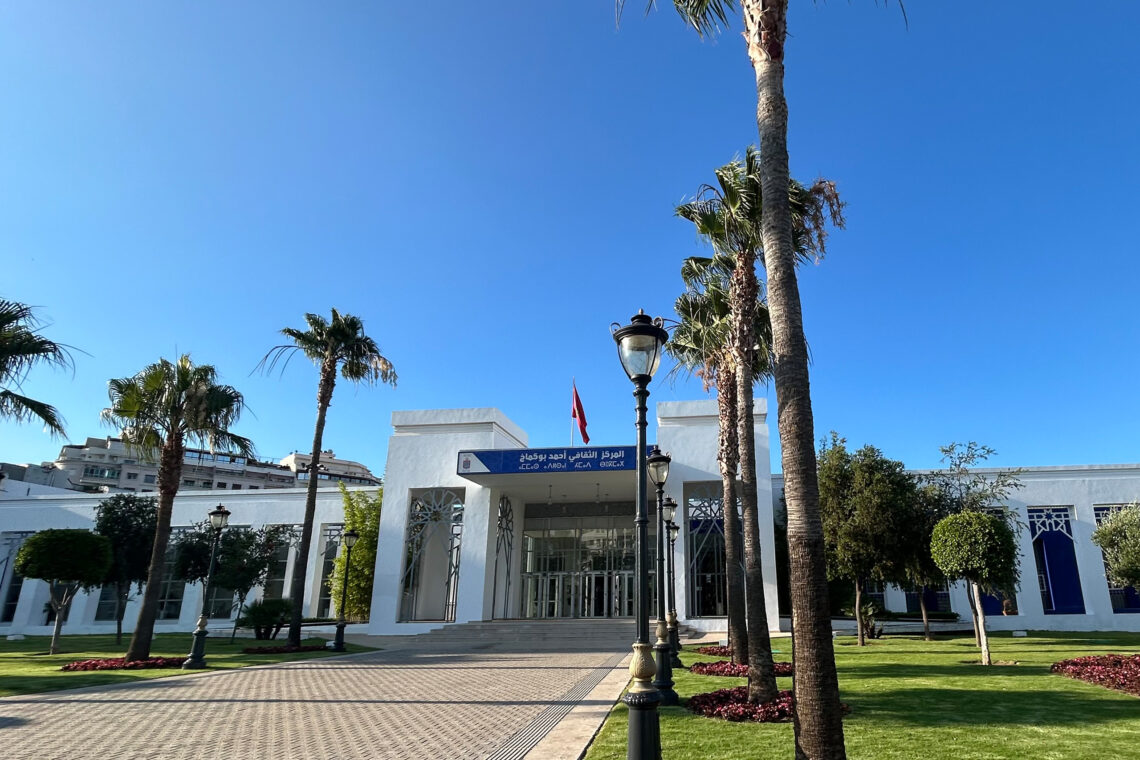
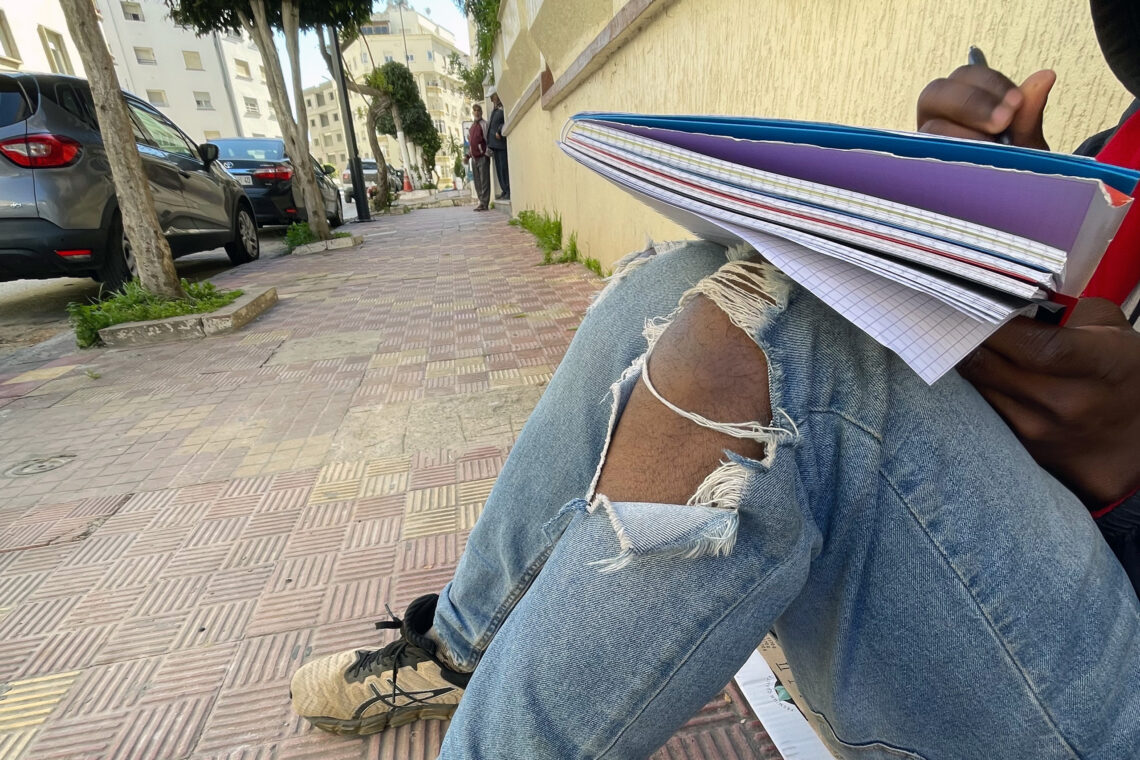
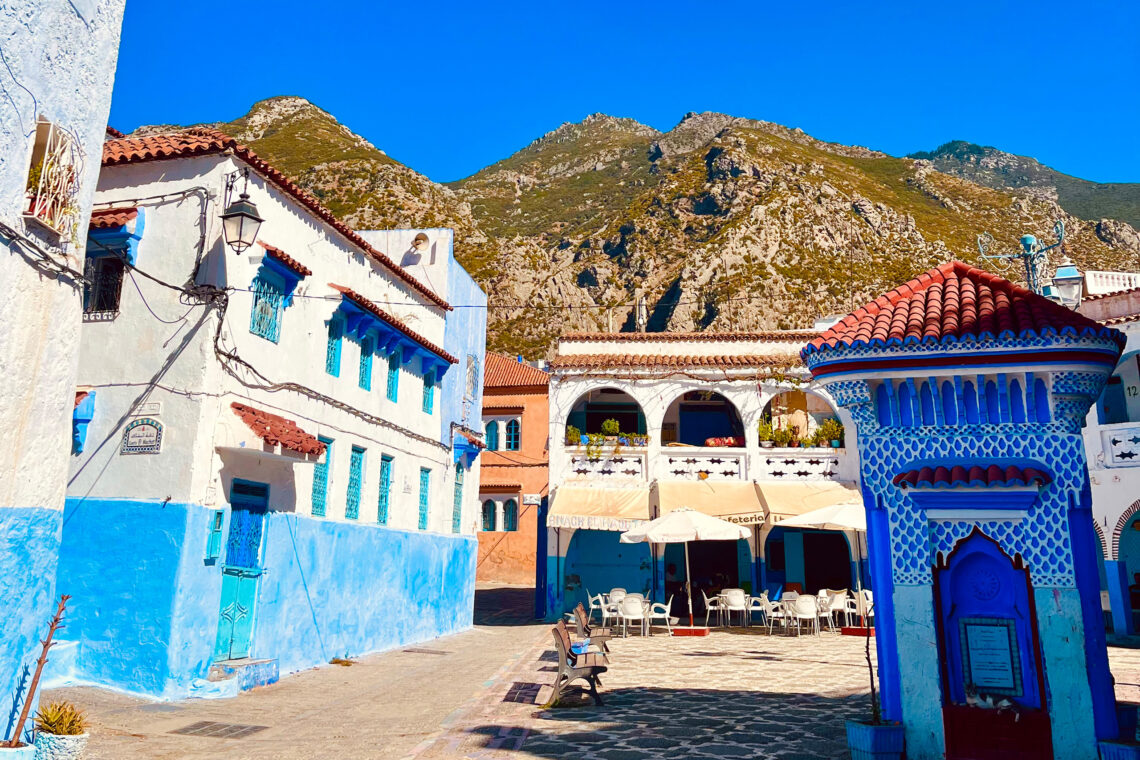
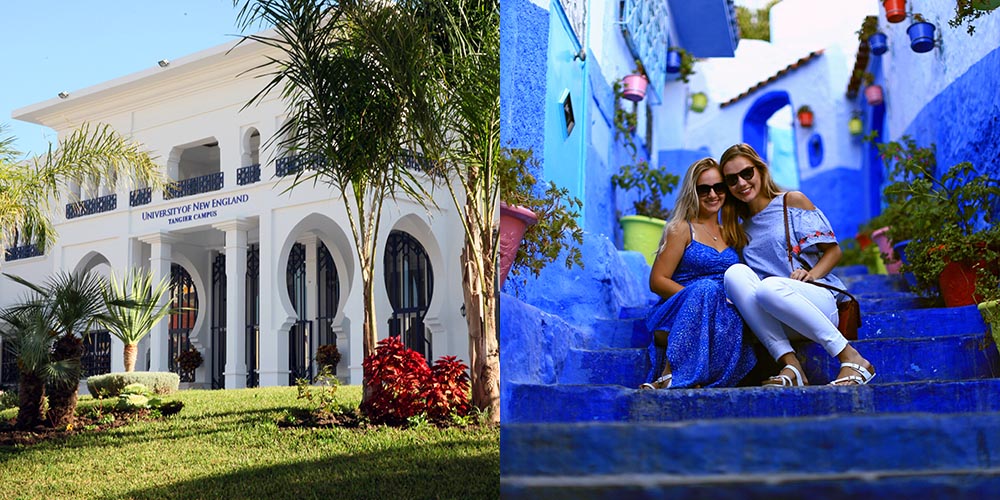

Comments are moderated by the editor and may not appear on this discussion until they have been reviewed and deemed appropriate for posting. All information collected is handled in a manner consistent with our privacy policy.